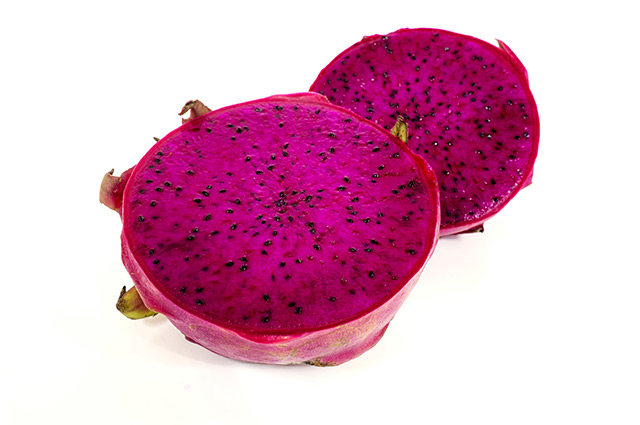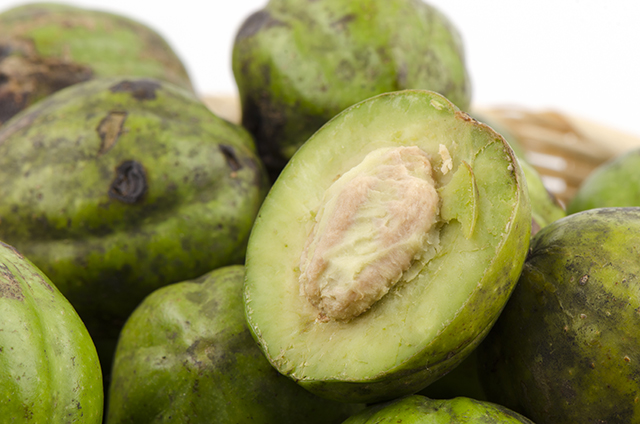Mugwort – sources, health benefits, nutrients, uses and constituents at NaturalPedia.com
08/09/2017 / By Earl Garcia

Mugwort, also commonly known as St. John’s Plant, is a traditional bitter herb used in both Eastern and Western medicine. Mugwort belongs to the Artemis plant family, which houses related species such as wormwood and tarragon. According to an article posted on Annie’s Remedy website, mugwort was used as a beer flavoring in the medieval times. It was also regarded as one of the nine sacred herbs of the summer solstice, the article notes.

List of known nutrient
Like other medicinal herbs, mugwort is a rich source of beneficial nutrients that help ward off a variety of health woes. An entry on Herbpathy.com notes that mugwort contains:
- Aldehydes
- Alkaloids
- Alpha-pinene
- Beta-pinene
- Calcium
- Carene
- Caryophyllene
- Cineole
- Courmarins
- Essential Oils
- Flavonoids
- Germacrene D
- Inulin
- Iron
- Limonene
- Potassium
- Saponins
- Sterols
- Tannins
- Terpene
- Terpinolene
- Thujone
- Volatile Oils
Medicinal uses for mugwort
Mugwort is best known for its beneficial effects on the central nervous system. The herb contains potent nervine qualities that help alleviate anxiety, depression, and chronic stress. This, in turn, soothes the nervous and metabolic systems. Likewise, it helps improve the quality of life in anxiety patients. Additionally, mugwort is used to treat episodes of epilepsy, hysteria, and convulsions in children. Essential oils from mugwort are also valued for their protective properties against hyperactivity and fatigue. Aside from this, mugwort is used to stimulate vivid dreams and help patients remember those dreams.
Essential oils from mugwort is used to address delayed or irregular menstrual cycle. Likewise, the herb may help address early menopause. The plant is also helpful in soothing menstrual cramps, abdominal pains, and nausea. According to the health and wellness website Style Craze, mugwort oil was once used in ancient China as a remedy to increase milk production in lactating mothers. The plant was also used to prevent polycystic ovary syndrome.
In addition, mugwort is helpful in maintaining a healthy digestive profile by stimulating and and easing the digestive process. The herb is touted to stimulate appetite and relieve bloating, stomach cramps, constipation, and diarrhea. The plant is also known to ease acidity and flatulence, and rid the system of parasitic worms. Besides this, mugwort is found to activate bile production and speed up digestion. The herb is also known to induce healthy weight loss.
Moreover, mugwort boasts of diuretic properties that help stimulate urination, which in turn helps rid the body of toxins. This makes it an ideal food fare for cleansing the kidneys and the gall bladder. Likewise, the herb is found to contain detoxifying properties that help cleanse the liver. On the other hand, the high vitamin C content in mugwort is known to boost white blood cell production that helps safeguard the body against inflammation and infections.
Furthermore, the herb is touted for its high amounts of minerals — including potassium, iron and calcium — that help strengthen the bones and prevent the onset of osteoporosis. The herb is also known to bolster the body’s overall blood circulation and deter the development of eye diseases.
Body systems supported by mugwort
Mugwort has long been valued for its positive effects on both the nervous and female reproductive systems. Likewise, it is helpful in maintaining a healthy digestive system. The herb also supports the urinary and immune systems. In addition, the plant is shown to promote the circulatory, skeletal, and ocular systems.
Ways to use mugwort
Mugwort can be processed to extract essential oils, or brewed to make a potent tea. Likewise, the herb can be added to a variety of recipes. An article on the Martha Stewart website features an interesting mugwort soup recipe.
Where to learn more
- Plant Spirits for Healing: A How To
- Essential Oils for Healing
- Tips on How to Beat Brain Fog Naturally
- How To Decalcify & Activate the Pineal Gland? 8 Natural Way To Do This!
- 10 Tested Home remedies For Grey Hair
Summary
Mugwort prevents anxiety, menstrual issues, and digestive disorders.
Mugwort staves off osteoporosis, infection,s and eye diseases.
Mugwort benefits the nervous, reproductive, and digestive systems.
Mugwort supports the immune, skeletal, and urinary systems.
Mugwort also benefits the circulatory and ocular systems.
Sources include:
Tagged Under:




















